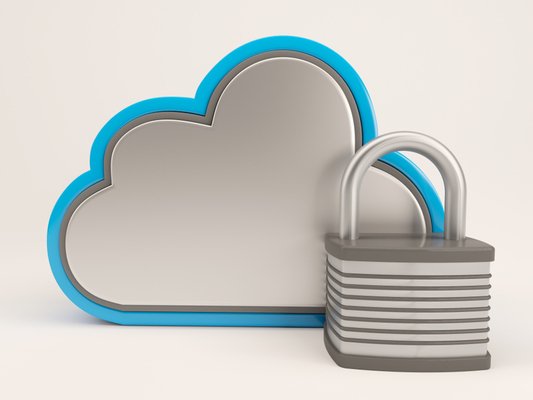Best practices for secure video hosting

In today’s digital age, video content is a powerful tool for communication. However, ensuring the security of your hosted videos is crucial. From protecting sensitive information to providing seamless access, here are the best practices for secure video hosting.
1. Choose a Reliable Hosting Platform
Select a reputable video hosting platform that prioritizes security. Look for features like encryption, access controls, and regular security updates.
2. Use HTTPS Encryption
Always use HTTPS for your video hosting to encrypt data during transmission. This prevents unauthorized access and ensures a secure connection between the user and the server.
3. Implement Access Controls
Control who can view your videos by implementing access controls. Password protection, user authentication, and IP restrictions are effective measures to regulate access.
4. Regularly Update Software
Keep your video hosting software up-to-date. Regular updates often include security patches that protect against vulnerabilities.
5. Enable Two-Factor Authentication
Add an extra layer of security by enabling two-factor authentication. This ensures that only authorized users can access and manage your video content.
6. Monitor User Activity
Regularly monitor user activity to detect any suspicious behavior. Implementing logging and audit trails helps in identifying and addressing security threats promptly.
7. Backup Your Videos
Create regular backups of your video content. In case of a security breach or data loss, having a backup ensures that your videos can be restored without significant disruption.
8. Optimize Video File Security
Protect your video files by limiting access to the source code and employing encryption techniques. This prevents unauthorized downloads or alterations to your video content.
FAQs
Q1. Why is secure video hosting important?
A1. Secure video hosting protects sensitive content, ensures data integrity, and provides a reliable viewing experience for users.
Q2. Can I use free video hosting platforms securely?
A2. While some free platforms offer security features, investing in a reputable paid service provides advanced security measures and better control.
Q3. How often should I update my video hosting software?
A3. Regularly check for updates and apply them promptly. Aim for at least quarterly updates to stay protected against emerging security threats.
Conclusion
Ensuring secure video hosting is essential for safeguarding your content and maintaining the trust of your audience. By following these best practices, you can create a robust security framework for your video hosting platform. Prioritize the protection of your videos, and enjoy a seamless and secure viewing experience for your users.
Now that you’ve gained insights into the best practices for secure video hosting, dive deeper into the world of video content protection by visiting our website. Explore comprehensive guides, expert tips, and stay updated on the latest advancements in video hosting security with Inkrypt Videos.
Your videos deserve the best protection, and we’re here to guide you every step of the way. Click here to unlock the full potential of secure video hosting. Enhance your content security and provide an unmatched viewing experience for your audience.





